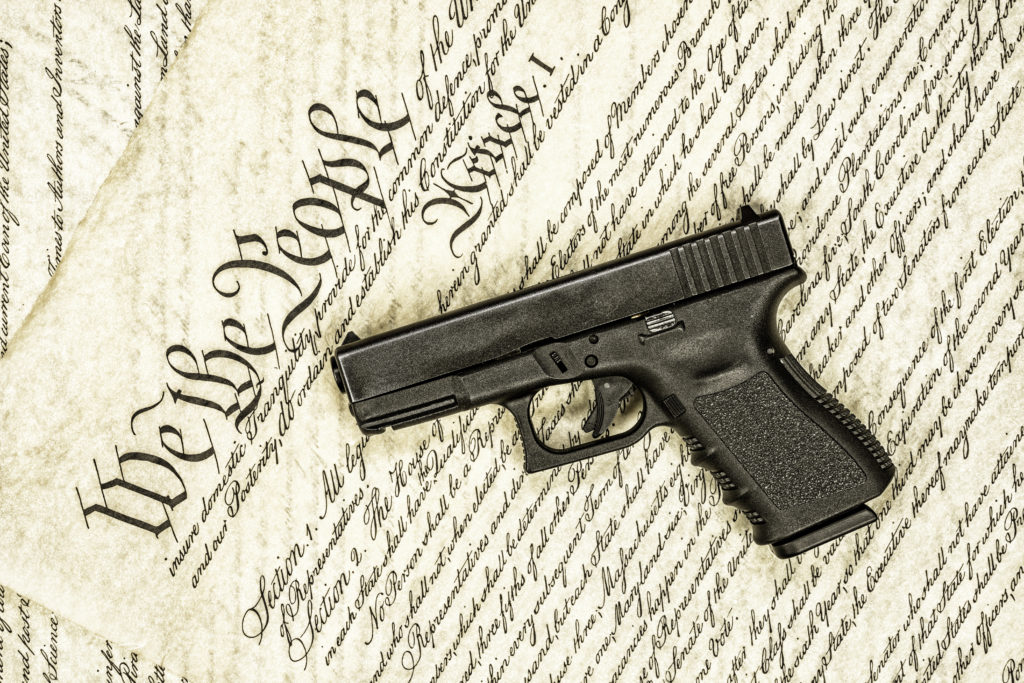
PICS Denials in St. Vincent College, PA
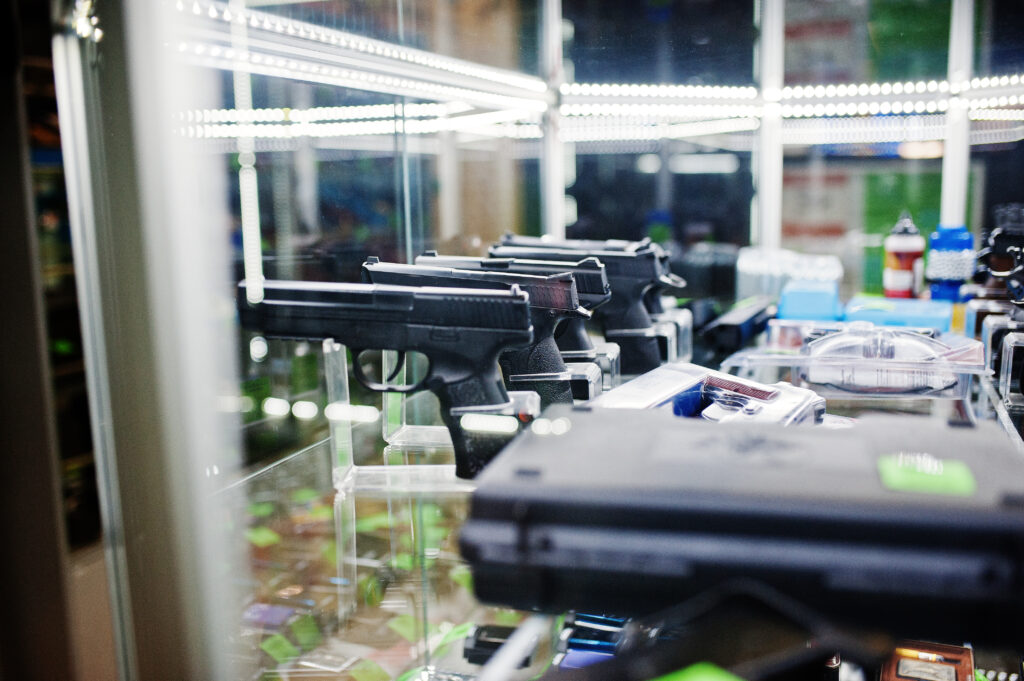
There are Many Good Reasons to Apply for a St. Vincent College Pardon in Pennsylvania
The overwhelming majority of people contact us at The Gun Law Firm with the intention of restoring their firearms rights. But through the course of the process most people realize there are many other reasons they want a Pardon. Some of these include your reputation, your career, and your rights.
When someone calls our office who has a St. Vincent College, PA conviction on their record, I don’t think of these people as “criminals.” These are hard-working, successful individuals who care about their family, but happen to have been convicted of a crime at some point in their life. These people are generally law-abiding, except for an isolated period in their life. With the internet, it is very easy to look up a person’s criminal history. Most people don’t want that information readily accessible to their co-workers and clients, because it doesn’t represent the person they are today. That’s why protecting your reputation is an excellent reason to apply for a pardon in Pennsylvania.
Convictions can also seriously limit your ability to advance your career. It may become difficult or even impossible to obtain certain licenses, certifications or clearances with a conviction on your record. Even individuals who own a business and have no “employer” can run into this problem. If you are self-employed, you can also lose business if your clients and customers see your convictions online. The people who call my office are typically motivated individuals who want to achieve their full potential. Advancing your career is not solely about personal satisfaction, it helps you better provide for your loved ones who depend on you. That is why many of my clients view a pardon as an investment rather than a cost. They want to get a better job or grow their business. If you are serious about achieving your goals and providing for your family, that is an excellent reason to apply for a pardon in Pennsylvania.
Many people don’t realize that a conviction can impact rights other than firearms. Your right to hold public office, your right to serve on a jury, and your right to vote could all be forfeited through a conviction. As Americans, we value these rights tremendously. Our ability to do our part in protecting our Constitutional Republic lessens dramatically if we are unable to participate in the political process or our judicial system. If you value your rights and value our country, restoring those rights is another great reason to apply for a pardon in Pennsylvania.
What to do after a PICS Denial or Undetermined Status in St. Vincent College, PA
After a PICS Denial or Undetermined Status, it is very important to contact a firearms attorney as soon as possible. This is because there are very strict deadlines in place, and neither the dealer nor the Sheriff will be able to inform you of the reason for denial. DO NOT TRY TO CONTACT THE POLICE TO FIND OUT WHY, BECAUSE ANYTHING YOU SAY CAN BE USED AGAINST YOU IN CRIMINAL COURT. Make sure to keep good notes about the date and location of the denial and the name of the dealer or Sheriff’s Office. If you are denied a License to Carry Firearms (concealed carry license) due to a PICS Denial or Undetermined Status, the Sheriff must send written notice of the denial by certified mail. Make sure you do not lose that letter. You only have 30 days after a PICS denial or undetermined status to file a PICS Challenge. If you don’t file your PICS Challenge within 30 days, you cannot have it overturned. It is VERY IMPORTANT that you do not try to file a PICS Challenge unless you are absolutely certain that you are not prohibited from possessing firearms and are willing to face a felony and jail time if you are wrong. When you file the challenge, you will once again certify that the information you provide is subject to the penalty of a felony of the third degree and a misdemeanor of the third degree. Many people try to purchase a firearm and have no idea that something in their past makes them prohibited. An experienced firearms attorney will be able to ask you the right questions, gather the necessary documents and information and determine whether you are even eligible to own and possess firearms (or get a License to Carry Firearms) before submitting a PICS Challenge on your behalf. Because there is a 30-day deadline, it is very important to act fast, because 30 days is a very short amount of time to conduct the necessary investigation.
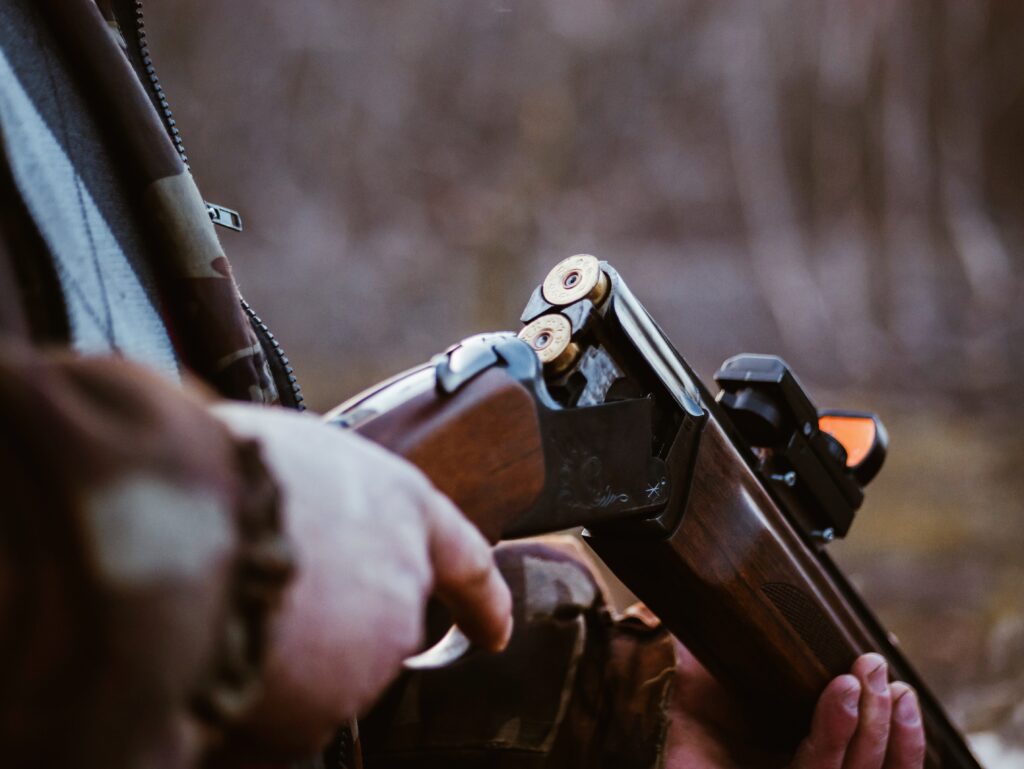
Pardons in St. Vincent College PA
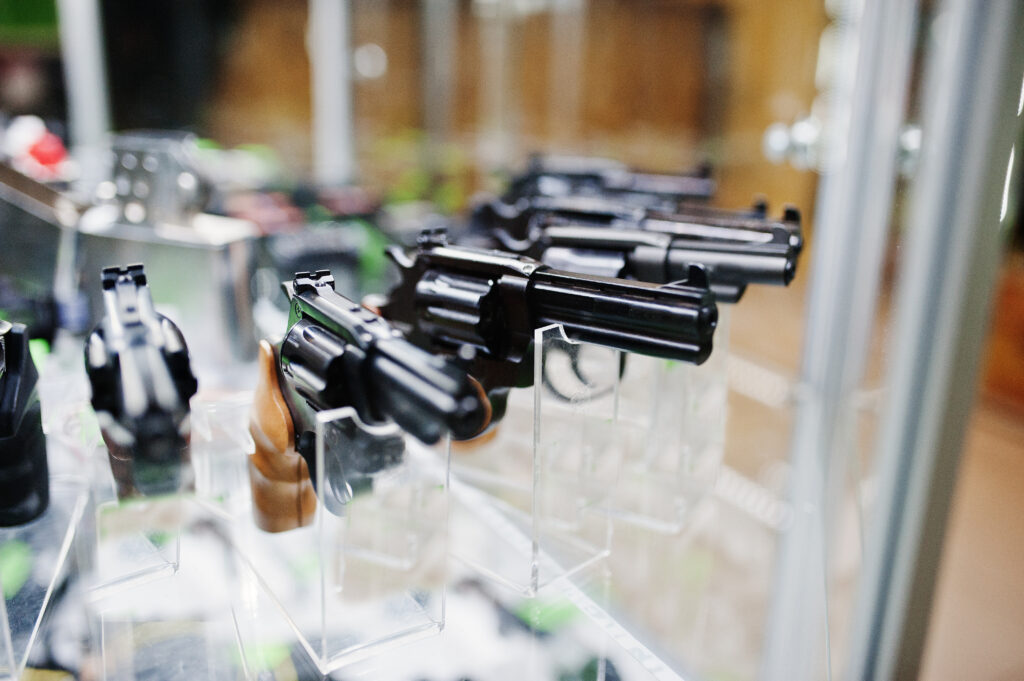
Can I get an expungement in St. Vincent College, PA
There are only three reasons you can expunge a conviction for a misdemeanor or felony in Pennsylvania. First is if you are 70 years of age or older and free of arrest or prosecution for ten years. Second is you have been dead for 3 years. Third is if you have been granted a Governor’s Pardon (executive clemency). Most people who are seeking to expunge their criminal convictions are not 70 years of age, and nobody seeking expungement has been dead for three years. Most people who want to expunge their criminal convictions in Pennsylvania need a Pardon.
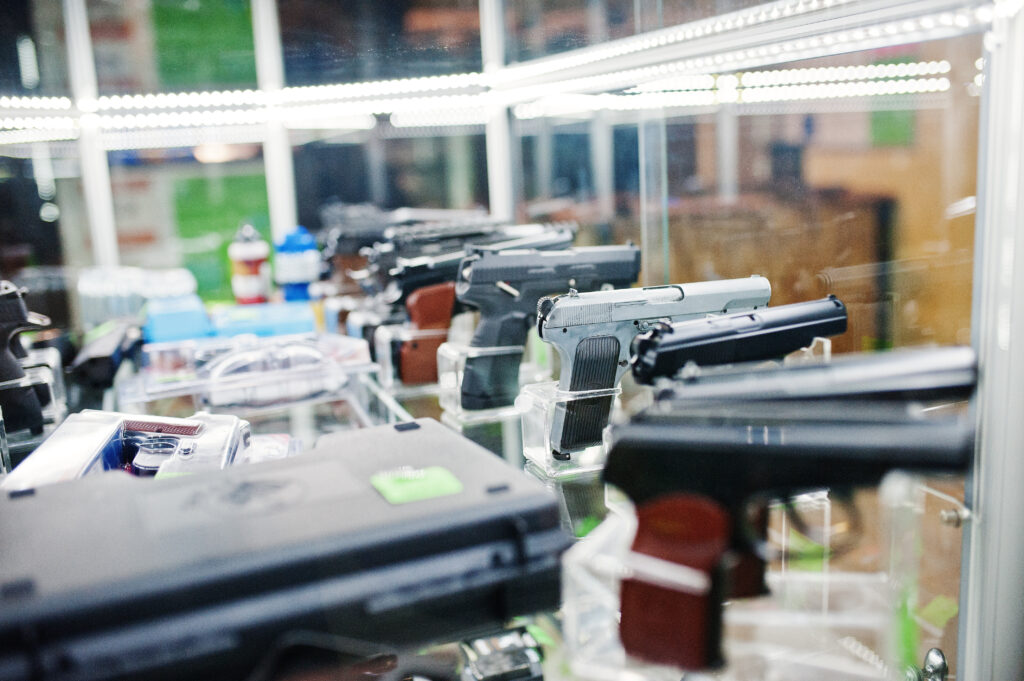
What if my St. Vincent College, PA PICS denial investigation shows that I can’t legally own a gun?
An investigation by an experienced firearms attorney is always valuable after a PICS denial, even if it turns out you are prohibited from possessing firearms and can’t legally own a gun. There are two primary areas of concern after a PICS denial when a person is in fact prohibited: 1) criminal prosecution, and 2) restoration of rights. If you fail the background check (PICS denial) when you are trying to buy a gun in Pennsylvania, you could unfortunately face criminal prosecution for a felony. Even if you thought you answered the questions correctly, many people are still prosecuted for their mistake. It is important to never make any statements to the police about your case without a lawyer present who is very familiar with firearms laws. There also may be an avenue to restore your rights if you are prohibited. At The Gun Law Firm, we have helped people restore their firearms rights since our inception.
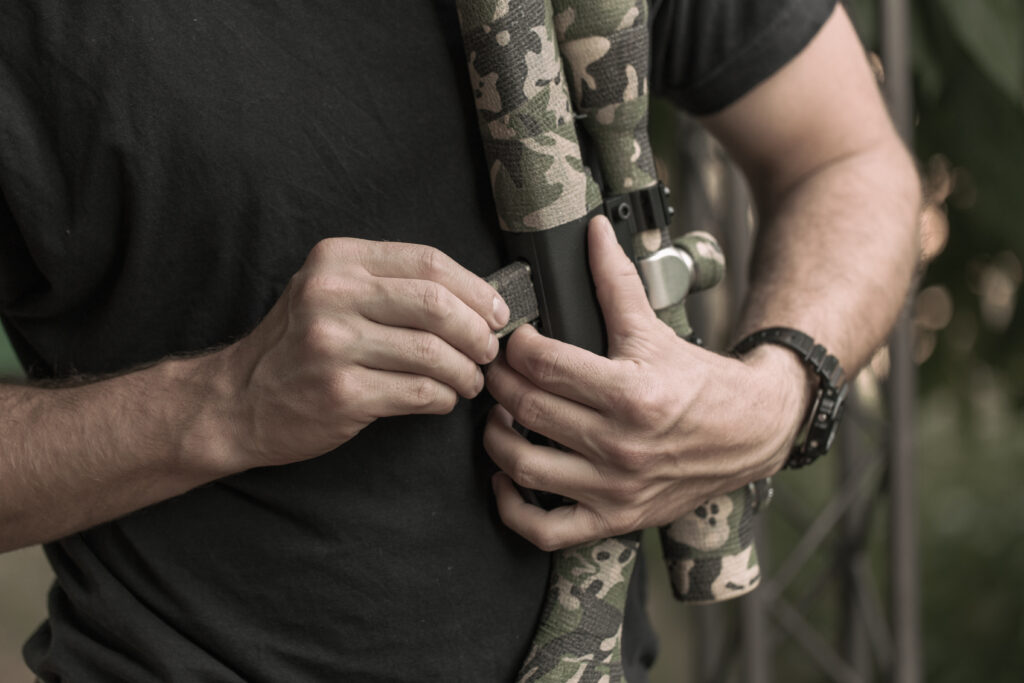
How can I find out if I can legally own a gun in Pennsylvania?
When you buy a gun in St. Vincent College, PA, the dealer must run a background check called a PICS Check (Pennsylvania Instant Check System). You can only run a PICS Check in connection with a transfer or if you are applying for a License to Carry Firearms (concealed carry license). When you are filling out the paperwork to buy a gun or apply for a License to Carry Firearms (concealed carry license) you should NEVER GUESS for any of your answers. If you fail the background check (PICS denial) when you are trying to buy a gun in Pennsylvania, you could face criminal prosecution for a felony! Even if you thought you answered the questions correctly, many people are still prosecuted for their mistake. At The Gun Law Firm, we have performed firearms eligibility investigations for our clients since 2016 to avoid this problem. We thoroughly review our clients’ criminal records, mental health records, and much more to determine whether you can legally own a gun in Pennsylvania.
